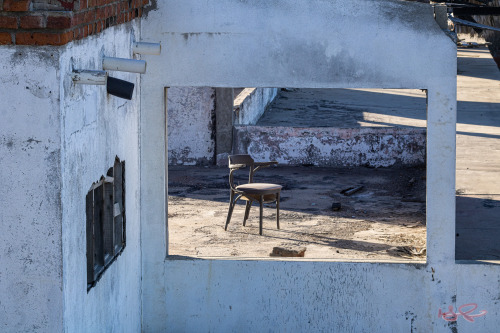#utopia
I was just thinking that the whole history of how I’ve reacted to Solarpunk is kind of complicated. Like… When I first heard of it, I liked it a lot, really just for the aesthetics. But then I found out there was this whole ideology that went with it, and got kind of put off, mostly because people are acting like Bright! Hopeful! sci-fi is something they invented themselves, when… No? That’s just utopian sci-fi. It was actually the standard, and for far too long, in my opinion. And I get that the dystopian backlash against it might have been a step too far, but for different reasons than a lot of people seem to agree on. Basically, it comes down to a) “dystopian” fiction actually being set in someone else’s utopia, and thus not that different at all, and b) being just as idealized, in a way, because both give humanity too much credit for having its shit together.
And then I picked up on the weird anti-space thread going through a lot of it. The whole “scientists are heroes again, but because it’s life science and they’re not being corrupted by bad scary physics” thing. And something about that just really bugged me, but I couldn’t really articulate it until I watched Bill Nye on The Good Stuff. It was that one thing he said, about how we are the way we are because the people who wanted to see what was over the next hill were the ones who survived.
Now, I don’t think sci-fi needs to be all space all the time, and I’m not currently writing a lot about space exploration myself, but I like it being a big part of the worldbuilding, if nothing else. Or at least not implicitly or explicitly devalued, because something about that is literally inhuman.
The whole Solarpunk ideal, at this point, kind of freaks me out. It feels like it’s all about maximizing efficiency (in food and energy production, communities, etc.), and getting humanity to reconcile with itself in ways that aren’t quite natural, so we can peacefully move toward a bright future with absolutely nothing to look forward to. The journey, such as there is one, is just the perfection of a new status quo. There’s a very claustrophobic, walking-in-circles feel to the whole thing.
…And, you know, a world like that would be an interesting thing to write about, after all. Refer back to the first paragraph: every dystopia is someone else’s utopia. Obviously, this works in reverse. And, yeah, we don’t have our shit together enough to properly maintain either, so it would probably be much like the world today in some places, and absolutely falling apart at the seams in others. So I want to write about people pushing back against the constraints of a world like that, and how they struggle and compromise and try to fight back, the way people always have.
I want to write about these people trying to see past the next hill.
I don’t think solarpunk is incompatible with space exploration. I think the “utopian” state (everyone having food, shelter, clean water and other basic needs met in a way that doesn’t destroy the Earth’s biosphere) receives so much focus and emphasis because right now, in the real world, we’re so far away from reaching it, or even agreeing that it’s something worth moving towards.
A lot of solarpunk is about getting our house in order and addressing the grotesque inadequacies of the current dominant systems. That’s not incompatible with looking beyond our home planet, though. Indeed, I’d suggest that if we ever reach that utopian state we will collectively think “right, what now?” and turn our eyes to the stars, for the reasons you mention.
Even on the way towards that peaceful green future there’s plenty of opportunity for space stuff. Orbital solar power plants beaming energy down to the surface; mining the asteroid belt for resources long-since exhausted on Earth; habitations on inhospitable worlds, the ultimate in closed-loop sustainable living; colonising Mars, experimenting with new social systems and methods of organisation; terraforming Mars, building a biosphere from the ground up; using the knowledge gained to rebuild Earth’s biosphere.
There are possibilities.

Travis Scott Version 1




